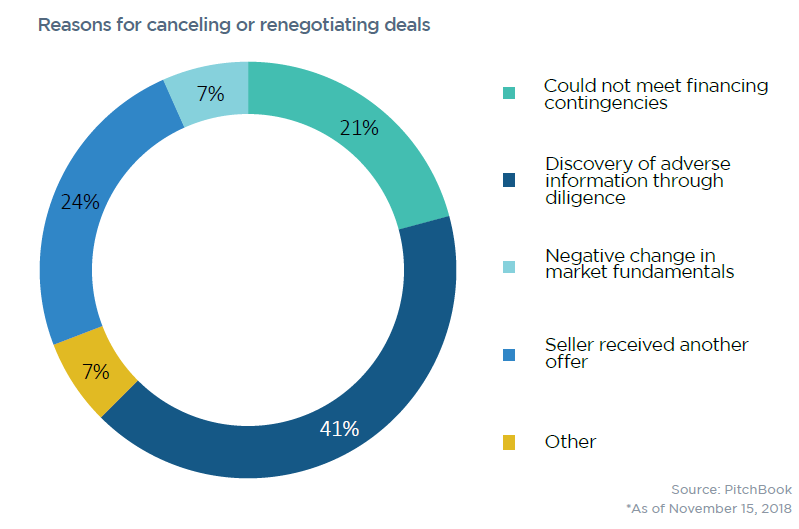Two years ago, the French people elected Emmanuel Macron as their 25th president. His pro-business policies and visions of transforming the slow-moving state into a European powerhouse of innovation helped make him the youngest leader of the nation. Sensing change in the air, Station F, which is said to be the world’s largest startup campus, launched in Paris to represent France’s tech renaissance.
Based in Paris’ 13th arrondissement, or district, Station F sits in an unused rail depot said to span the length of the Eiffel Tower. It is home to over 1,000 startups and offers incubator programs run by companies including Facebook, L’Oréal and Microsoft.
In addition to its working spaces, event areas and restaurant, Station F launched a co-living space in June. The space is the largest of its kind in Europe, according to the company, with the capacity to house 600 startup founders and employees. All of these elements combined have reportedly attracted a steady stream of tech juggernauts like Facebook COO Sheryl Sandberg and Twitter co-founder Jack Dorsey, as well as French dignitaries.
Perhaps a surprise to some, Station F is a private sector initiative rather than government-backed. It’s owned by Xavier Niel, the founder of telecommunications provider Illiad and international seed investor Kima Ventures. Having a high-profile backer is surely a huge benefit for Station F’s startups, especially when it comes to raising money. Several Station F businesses have secured millions of euros from investors.
Team Vitality reportedly landed a €20 million (around $22 million) investment from entrepreneur Tej Kohli in November; the esports company was developed under the tutelage of Naver, a South Korean search engine provider. In February, co-living space provider Colonies received €11 million in a round that included Idinvest Partners and Kima, per reports. And in April, cybersecurity company Alsid, which is part of aerospace giant Thales Group’s program, raised €13 million in a round led by Idinvest Partners.

